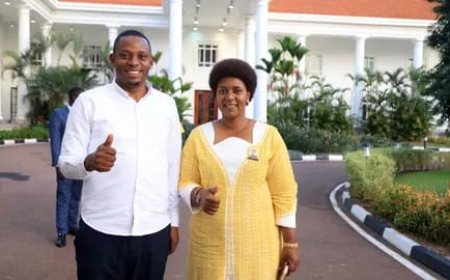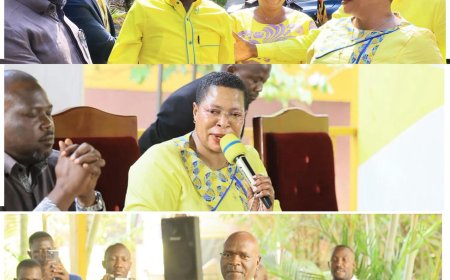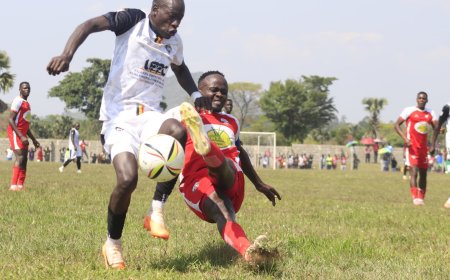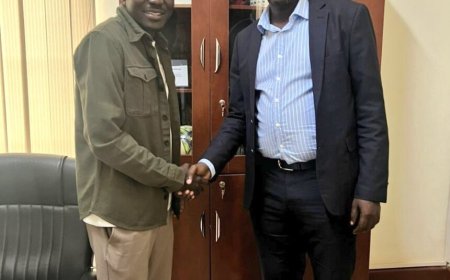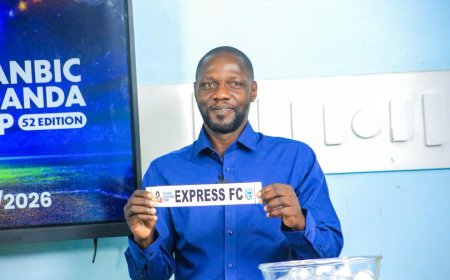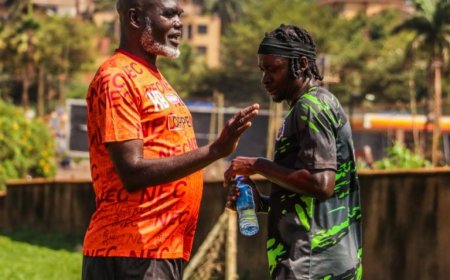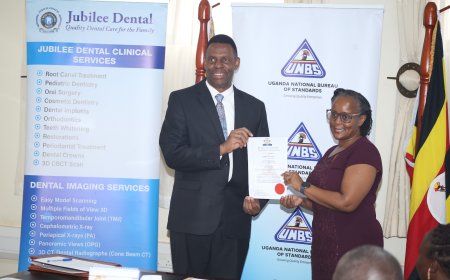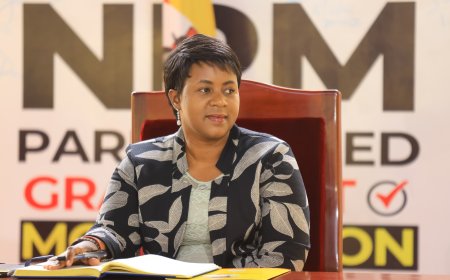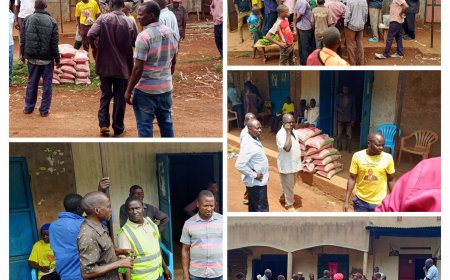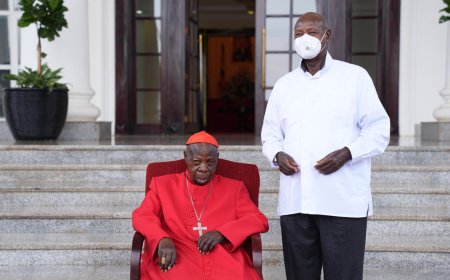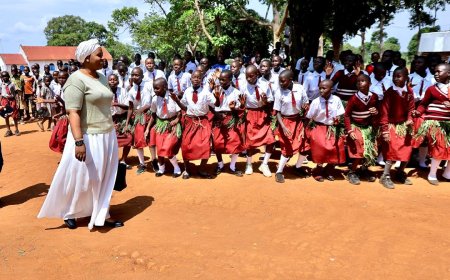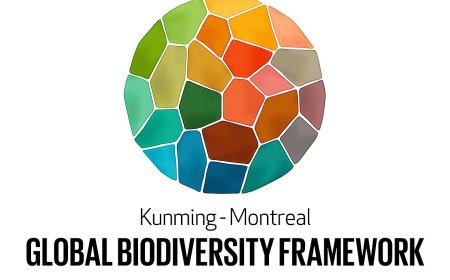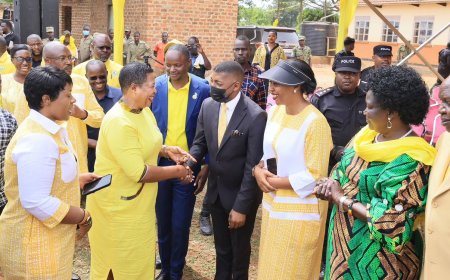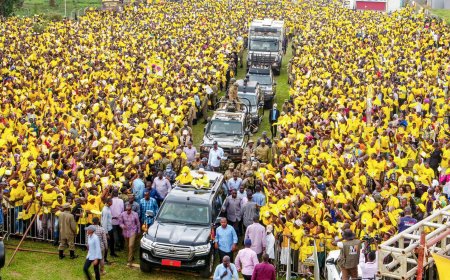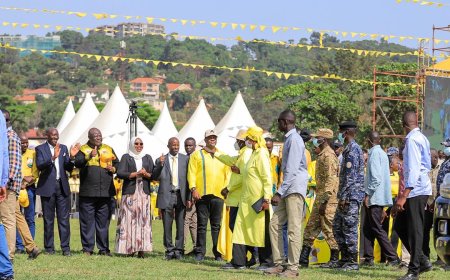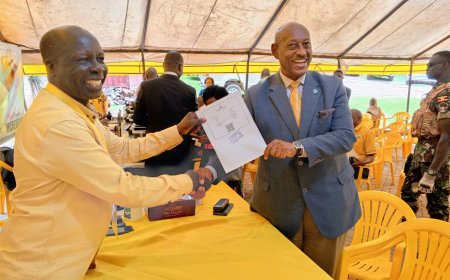UPC Under Serious Shock as NRM Govt Targets Journalists and Violates Human Rights After 40 Years in Power

The Uganda People's Congress (UPC) has strongly condemned acts of brutality by security agencies and the ruling National Resistance Movement (NRM) against journalists and opposition political players, citing incidents during the recent Kawempe North by-election.
Speaking at a press briefing on Wednesday, UPC spokesperson Sharon Oyat described the events of March 13, 2025, as a warning sign for the 2026 general elections, stressing that such actions must be discouraged at all costs.
She reiterated UPC’s stance that the military should be completely withdrawn from electoral processes, leaving only the police to maintain law and order. She emphasized that the police’s role should be clearly defined under the Independent Electoral Commission to ensure fairness in elections.
“We urge all stakeholders to uphold democratic and peaceful means in political activities. Uganda is a multi-party democracy, and no one should interfere with electoral processes as we prepare for 2025/2026,” Oyat stated.
She pointed out that the harsh experiences from the Kawempe North by-election demonstrate that no amount of force can sway a determined voter’s decision.
"The by-elections of Kawempe North constituency, candidates were attacked by military immediately after being nominated, deliberate attack on members of the fourth estate (journalists) by security forces left many badly maimed, severely injured and still hospitalized in different hospitals. The political Parties and their members were also not spared, some polling stations were attacked and disrupted the operations of vote counting and tallying. This is not what the country should be experiencing after nearly 40 years in power by NRM/A since 1986."
UPC warned that such trends are gaining momentum and must be addressed to protect Uganda’s democratic governance. The party called for the immediate implementation of electoral and constitutional reforms to ensure a fair and inclusive electoral process, reinforcing the vision of a Uganda that serves all its citizens.
Oyat also paid tribute to political parties and movements that played a crucial role in Uganda’s decolonization and independence, including the Uganda National Congress (UNC), Democratic Party (DP), Uganda People's Congress (UPC), Uganda Hereditary Chieftainship Party (UHCP), Uganda African Union (UAU), Bataka Party of Busoga, independents, and Kabaka Yekka (KY).
She highlighted their participation in the 1958, 1961, and 1962 elections, which culminated in Uganda’s independence on October 9, 1962, making the country and the entire region proud.
Reflecting on past elections, she noted that these historical multi-party processes were conducted without the heavy military presence witnessed in recent by-elections such as those in Kawempe North, Dokolo, Oyam North, Soroti, Bukedea, and Kayunga. She decried the increasing incidents of live ammunition use, fatalities, severe injuries, attacks on journalists, and the cordoning off of polling stations.
UPC stressed that such actions undermine efforts to establish a fair and democratic governance system in Uganda.
